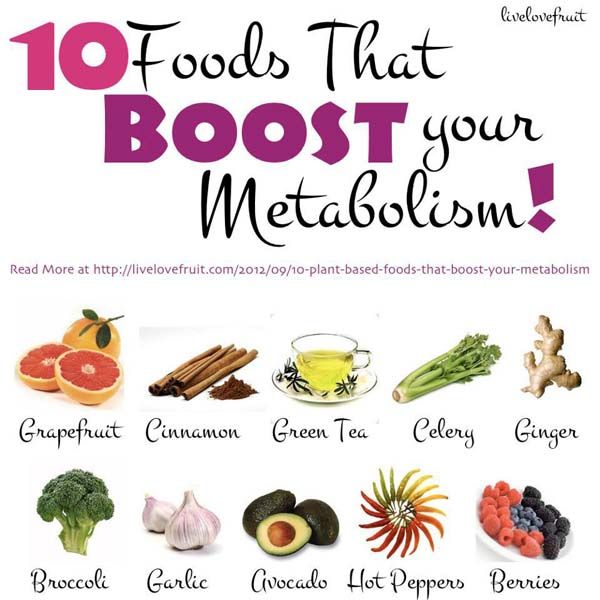
Boosting Metabolism: Foods and Lifestyle Habits that Help
Introduction
Metabolism refers to the chemical processes that occur within the body to convert food into energy. Having a fast metabolism is often associated with maintaining a healthy weight and overall well-being. While genetics play a role in determining an individual's metabolic rate, certain foods and lifestyle habits can also help boost metabolism.
1. Protein-rich foods
Proteins are the building blocks of our body and require more energy to digest compared to fats or carbohydrates. Including protein-rich foods such as lean meats, fish, eggs, legumes, and dairy products can help increase metabolism. Additionally, protein promotes muscle growth and repair, which can further enhance metabolic rate.
2. Spicy foods
Adding a little spice to your meals can give your metabolism a temporary boost. Spicy foods containing ingredients like chili peppers or cayenne pepper contain capsaicin, which can increase the body's thermogenesis, leading to a rise in metabolic rate.
3. Green tea
Green tea is not only a refreshing beverage but also has metabolism-boosting properties. It contains catechins, a group of antioxidants that have been found to increase both fat oxidation and overall energy expenditure. Drinking a cup or two of green tea each day can contribute to a slightly higher metabolic rate.
4. High-intensity interval training (HIIT)
Exercise plays a crucial role in boosting metabolism. High-intensity interval training, or HIIT, is a form of exercise that involves short bursts of intense activity followed by recovery periods. This type of workout has been shown to increase metabolic rate not only during the exercise session but for hours after as well.
5. Get enough sleep
Adequate sleep is essential for a healthy metabolism. Lack of sleep can disrupt hormone levels, specifically those involved in appetite regulation and metabolism. Aim for seven to eight hours of quality sleep each night to promote optimal metabolic function.
6. Stay hydrated
Drinking enough water throughout the day is not only essential for overall health but can also affect metabolism. Studies have shown that drinking water can temporarily boost the metabolic rate by around 30%. Aim to drink at least eight cups of water daily to support a healthy metabolism.
7. Don't skip breakfast
Starting your day with a nutritious breakfast helps kickstart your metabolism after a night of fasting. By skipping breakfast, your body may go into "starvation mode," slowing down metabolic processes to conserve energy. Opt for a balanced breakfast that includes whole grains, proteins, and fruits or vegetables to provide a steady source of energy and support your metabolism.
8. Manage stress levels
Chronic stress can negatively impact metabolism. Increased stress levels can lead to hormonal imbalances, specifically an elevation in cortisol levels, which can slow down metabolism. Engaging in stress-reducing activities such as meditation, yoga, or spending time with loved ones can help promote a healthy metabolic rate.
Conclusion
Boosting metabolism involves a combination of factors, including consuming the right foods and adopting a healthy lifestyle. Incorporating protein-rich foods, spicy foods, green tea, and engaging in high-intensity interval training can all contribute to an increase in metabolic rate. Additionally, ensuring adequate sleep, staying hydrated, eating breakfast, and managing stress levels are essential for a healthy metabolism. By making these adjustments to your diet and lifestyle, you can support your body's metabolic processes and improve overall wellness.

